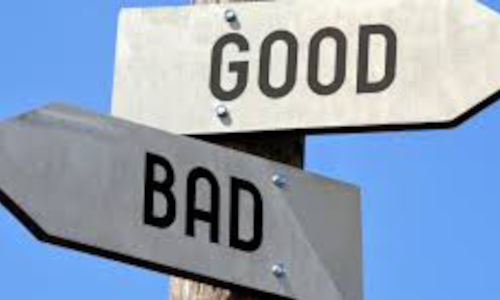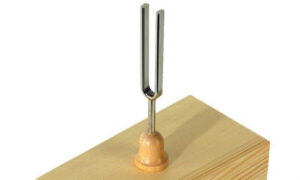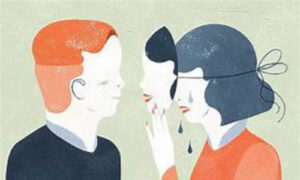“The good” and “the bad” are broad concepts that can be applied to various aspects of life, ethics, and situations and contexts. Although what is considered “good” or “bad” can be highly subjective and dependent on cultural, societal, and personal values and what may be seen as good in one context or culture might be perceived differently in another, we can still accept that there are concepts shared worldwide.
In morality and ethics, the good is often associated with actions that are morally and ethically sound, such as honesty, kindness, compassion, and respect for others, often linked to virtues such as integrity, empathy, courage, and humility; qualities which promote individual and social harmony and well-being, hence a balanced lifestyle, good health, longevity and happiness. Acts of kindness, generosity, and helping others without expecting anything in return are considered good deeds that contribute to a more compassionate and interconnected world but also to personal accomplishments and success in various aspects of life.
Badness, on the other hand, is associated with actions that are immoral or unethical, such as lying, cheating, stealing, and harming others intentionally, often linked to vices like greed, envy, hatred, and selfishness and has detrimental effects on individuals and society as they all negatively impact the quality of life. Systems or actions that perpetuate injustice, discrimination, and inequality are widely regarded as bad as they create social divisions and harm and are often the root of failures, setbacks, and misfortunes and undesirable outcomes that lead to disappointment and distress, illness, physical and mental suffering and pain.
We can choose.
From the Taoist philosophy of Lao Tzu to the Stoic meditations of Roman emperor Marcus Aurelius to the Transcendentalist essays of Ralph Waldo Emerson, the same truth appears, again and again and it comes to the belief that we become what we think about, we become our beliefs.



